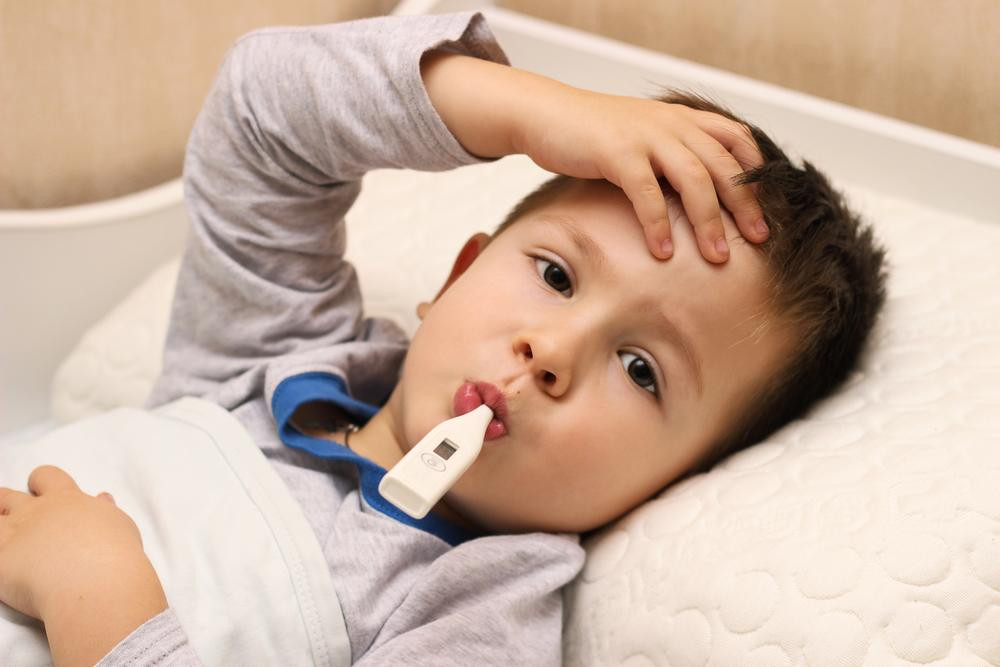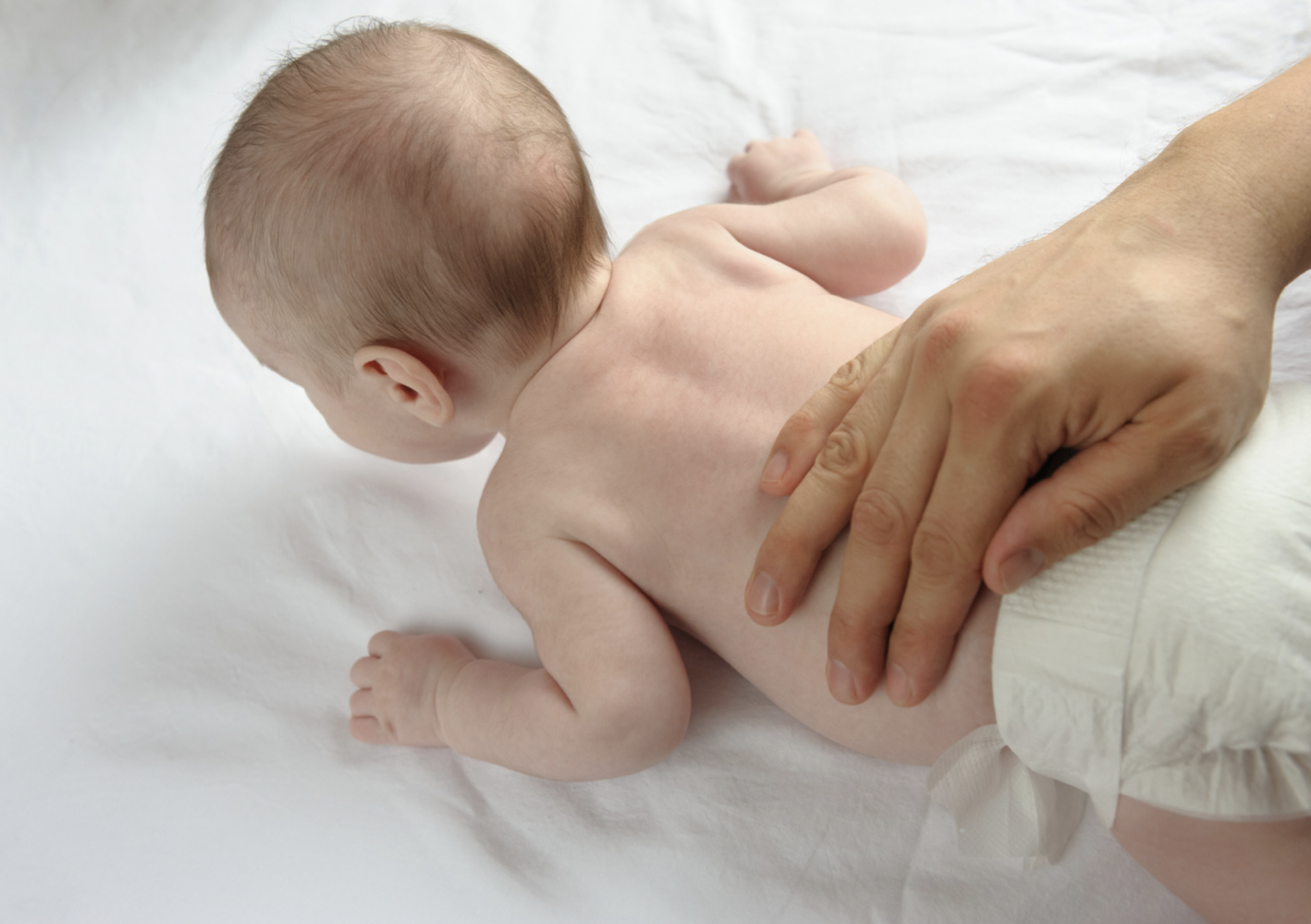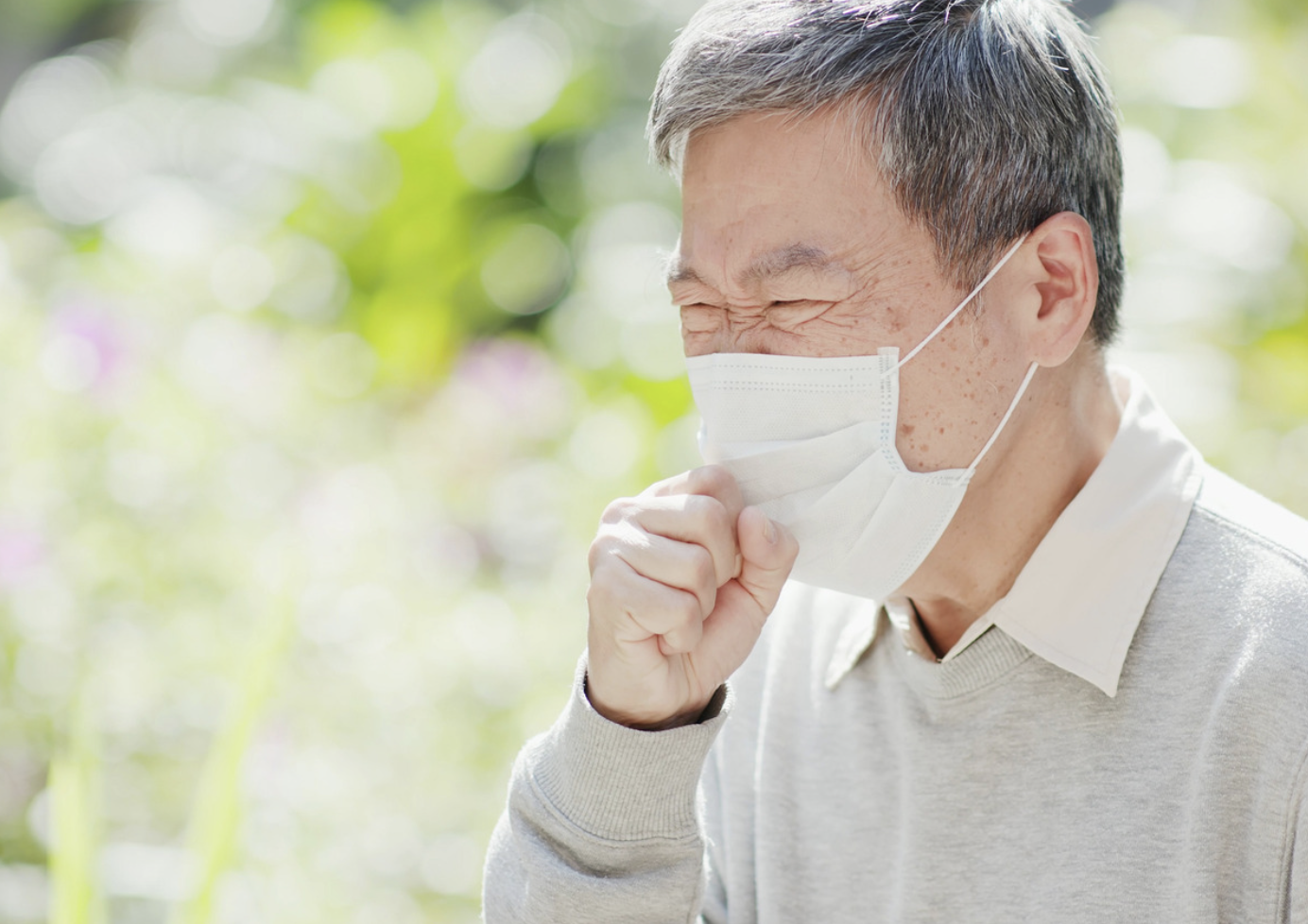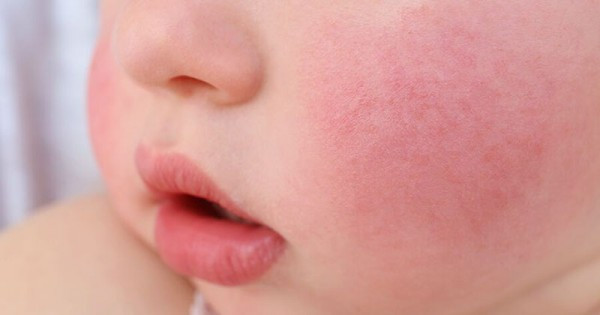Definition
Fever is a temporary increase in body temperature. It is one of the body's immune responses, usually caused by infection.
Causes
Normal body temperature is achieved by balancing heat production and heat release. This balance is monitored by an area of the brain known as the hypothalamus. Even when you are healthy, your body temperature fluctuates slightly throughout the day. Temperatures can be lower in the morning and higher in the afternoon and evening.
When your immune system responds to illness, the hypothalamus can raise the body temperature. This is accomplished through a complex process that generates additional heat while limiting heat release. Shivering is one way for the body to produce heat. Wrapping yourself in a blanket when you are cold helps your body retain heat.
Fevers below 40 degrees Celsius are associated with common viral infections such as the flu, which can aid the immune system in fighting illness and are generally safe.
Fever or elevated body temperature may be caused by:
- Viral infections
- Bacterial infection
- Exposure to heat
- Certain inflammatory conditions such as rheumatic arthritis (inflammation of the joint lining or synovium)
- Malignant tumors (cancer)
- Some medications, such as antibiotics and drugs used to lower blood pressure or seizures
- Some immunizations, such as diphtheria, tetanus, pertussis, pneumococcal, or COVID-19
Risk factor
People with chronic (long-term) conditions are likely to develop a fever. These conditions include:
- Allergic rhinitis
- Bronchitis
- Sinusitis
- Rheumatic arthritis
Symptoms
The average normal body temperature is 37 C. A temperature measured in the mouth (oral temperature) of 37.8 C or higher is considered a fever.
Depending on the cause, fever can present with the following signs and symptoms:
- Sweating
- Chills
- Headache
- Muscle pain
- Loss of appetite
- Irritability
- Dehydration
- General weakness
Several types of thermometers are available for measuring temperature, including oral (mouth), rectal (rectum), ear (tympanic), and forehead (temporal artery).
Oral and rectal thermometers are generally the most accurate for measuring core body temperature. Ear or forehead thermometers, while more convenient to use, provide less accurate temperature readings.
Rectal temperature is more accurate than oral temperature in infants. When reporting your temperature to your doctor, include all measurements and the type of thermometer used.
Diagnosis
To evaluate a fever, your doctor may:
- Ask about your symptoms and medical history
- Perform a physical examination
- Take a sample of your nose or throat to check for an airway infection
- Perform tests, such as blood tests or chest X-rays, if needed, based on your medical history and physical examination
- As fever can indicate serious illness in infants, especially those less than 3 months old, the infant may be hospitalized for further examination and treatment
Management
Doctors do not recommend taking medication to reduce low-grade fever, which can help reduce the number of microorganisms causing illness. Fevers higher than 38.9 C are often uncomfortable and necessitate therapy.
For high fevers or fevers that cause discomfort, your doctor may prescribe over-the-counter medications like paracetamol or ibuprofen. Follow the instructions on the package or consult your doctor before using these medications. Aspirin should not be given to children because it can cause a rare but potentially fatal disease known as Reye's syndrome.
Your doctor may prescribe additional medications depending on the cause of your illness. Treating the underlying cause may alleviate symptoms, including fever.
Complications
Children aged 6 months to 5 years are at risk for febrile seizures. About one-third of children who have had one febrile seizure will have another, usually within the next 12 months.
Prevention
You can prevent hay fever by reducing your exposure to infectious diseases. Some of the following tips can help you, including:
- Vaccinate as recommended, such as the influenza and COVID-19 vaccines
- Follow public health rules such as wearing a mask and maintaining a distance
- Wash your hands frequently and teach your children to do the same, especially before eating, after using the toilet, after spending time outside, after handling animals
- Show children how to wash their hands properly
- Carry hand sanitizer when traveling
- Avoid touching your nose, mouth, and eyes because these are the primary ways viruses and bacteria enter the body and cause infections
- Cover your mouth and nose when coughing or sneezing, and teach your children to do the same. To prevent the spread of microbes, turn over and cover your nose and mouth with your inner elbow
- Avoid sharing drinking glasses, water bottles, and eating utensils with children
When to see a doctor?
Fever alone is not a reason to visit the doctor. However, in some cases, you should consult a doctor for your baby, child, or yourself.
- Infants and young children. Fever is a cause for concern, particularly among infants and young children. Call the doctor if your child:
- Is less than 3 months old and has a rectal temperature of 38 C or higher
- Is between 3 and 6 months old, has a rectal temperature of 38.9 C or lower, but appears restless, weak, or uncomfortable
- Is 7 to 24 months old and has a rectal temperature greater than 38.9 C for more than one day but no other symptoms. If your child has other symptoms such as a runny nose, cough, or diarrhea, contact your doctor right away
- Children. If your child has a fever but is otherwise active, there may be nothing to worry about. The signs include making eye contact with your child, responding to your facial expressions and voice, and drinking water and playing. Call the doctor if your child:
- Makes poor eye contact with you
- Is restless, vomits frequently, has severe headaches, throat pain, abdominal pain, or other symptoms that cause severe discomfort
- Has a fever from being in a hot car. Seek medical attention immediately
- Have a fever for more than 3 days
- Have a seizure associated with fever. If your child has a seizure that lasts more than 5 minutes or does not regain consciousness quickly, call emergency services
- Call your doctor if your temperature rises to 39.4 degrees Celsius or higher. Seek immediate medical attention if any of the following symptoms accompany a fever:
- Severe headache
- Rash
Looking for more information about other diseases? Click here!
- dr. Monica Salim
Fever (2022) Mayo Clinic. Mayo Foundation for Medical Education and Research. Available at: https://www.mayoclinic.org/diseases-conditions/fever/symptoms-causes/syc-20352759 (Accessed: December 23, 2022).
Fever: Symptoms, causes, Care & Treatment (2019) Cleveland Clinic. Available at: https://my.clevelandclinic.org/health/symptoms/10880-fever (Accessed: December 23, 2022).
MyMed (no date) Risk factors and common complications of fever, MyMed. Available at: https://www.mymed.com/diseases-conditions/fever-temperatures/risk-factors-and-common-complications-of-fever (Accessed: December 23, 2022).











